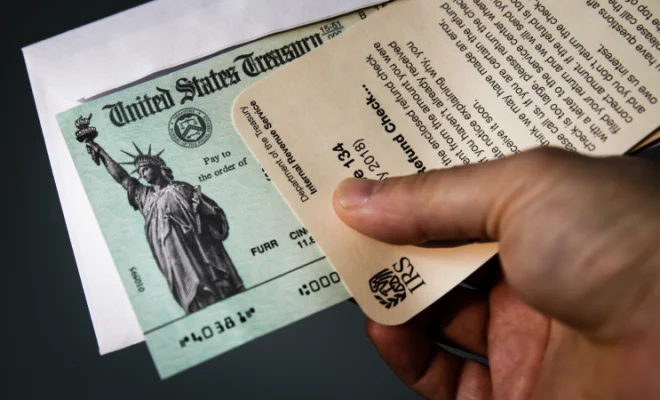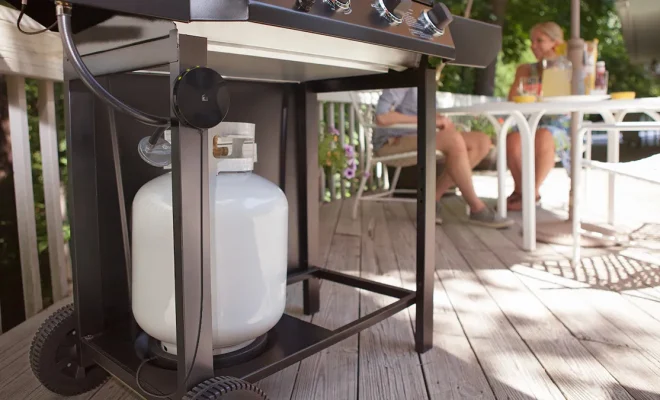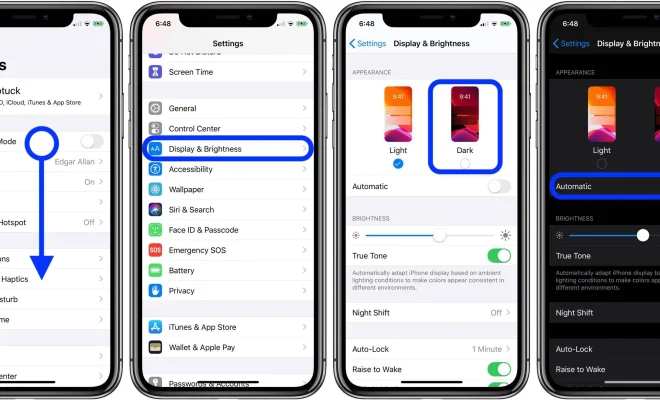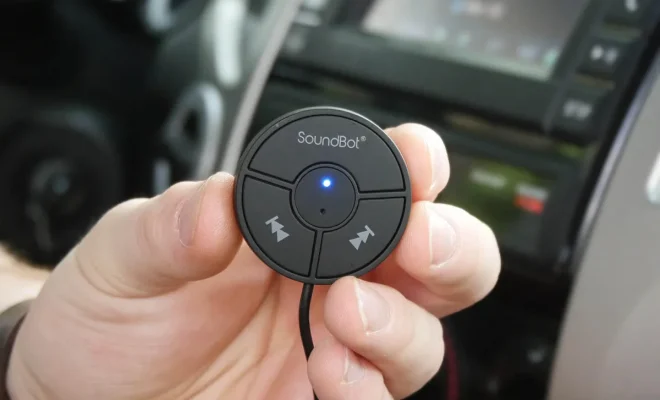Solar Panels in Washington: Do Incentives Make Them Worth It?
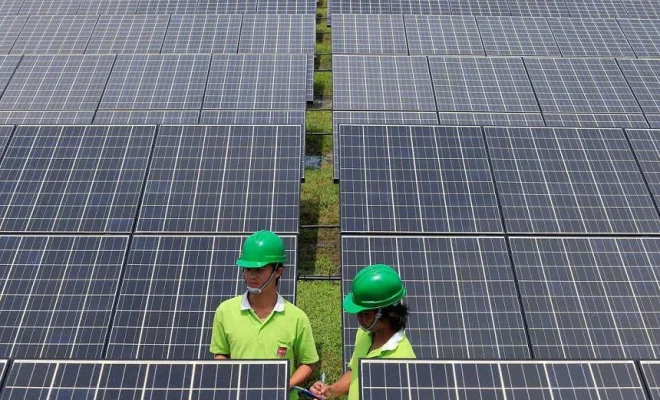
As the world becomes increasingly aware of the impact of climate change, many individuals are taking steps to mitigate their carbon footprint. One such approach is by transitioning to renewable energy sources, such as solar power. Washington state is no exception, with its residents and government exploring solar energy options. This article will examine whether the incentives for solar panels in Washington make them a worthwhile investment.
To start, it’s essential to understand the benefits of using solar energy. Solar power is a renewable and sustainable energy source that generates electricity without producing greenhouse gas emissions. This clean energy can reduce dependence on fossil fuels, thereby contributing to a healthier environment. Moreover, homeowners who invest in solar panels may see significant reductions in their electricity bills.
Now let’s discuss the incentives available in Washington for installing solar panels. These programs aim to offset the initial installation costs and encourage more people to embrace this alternative energy solution.
1. Federal Investment Tax Credit (ITC)
The ITC allows homeowners who install solar panels to claim a tax credit equal to 26% of the installation costs. This popular incentive applies to all 50 states, including Washington. However, keep in mind that the tax credit percentage is slated to decrease in the coming years—falling to 22% in 2023 and 10% for commercial projects starting from 2024.
2. Net Metering
Washington’s net metering policy allows homeowners with solar panel systems to receive credits for any excess electricity they produce and send back to the grid. These credits can then be used in subsequent billing periods, further lowering their electricity bills.
3. Sales Tax Exemption
In Washington state, residential and commercial solar panel installations qualify for a sales tax exemption for both equipment and labor costs. This incentive reduces the upfront expense of installing a solar panel system.
4. Washington State Renewable Energy System Production Incentive
This incentive program provides payments per kilowatt-hour (kWh) of solar energy generated by Washington residents and businesses. While the specific payout rates vary based on system size, technology used, and whether made-in-state equipment’s, participants can earn up to $5,000 per year.
5. Solar Energy Equipment Loan Program
Some utilities in Washington state offer low-interest loans to customers who want to invest in solar panels. These programs make it easier for households to finance solar panel installations.
In conclusion, the incentives for installing solar panels in Washington state are compelling. These financial benefits not only make it easier and more affordable for residents to invest in solar power but also help promote a cleaner, sustainable energy future. However, it’s important to note that the efficiency of solar panels depends on various factors, such as geographic location and available sunlight. Therefore, interested consumers should perform a thorough assessment of their individual needs and consult with professionals before deciding if investing in solar panels is the right choice for them.


